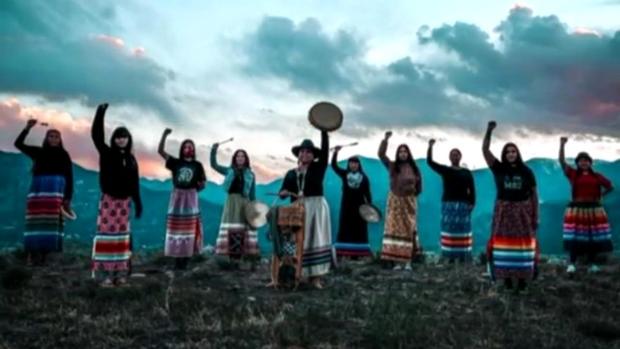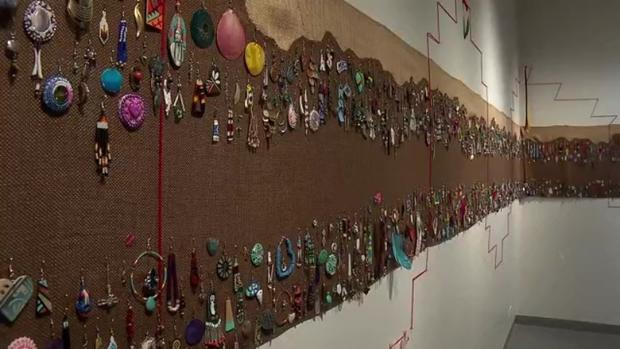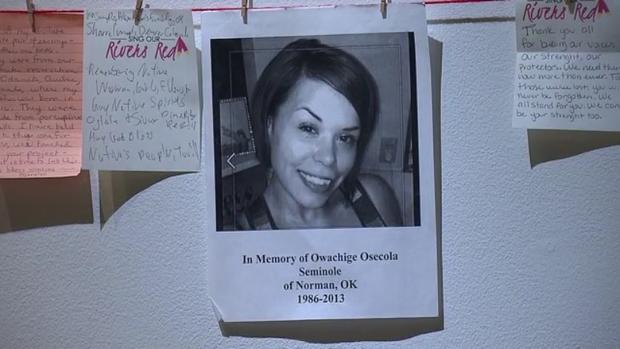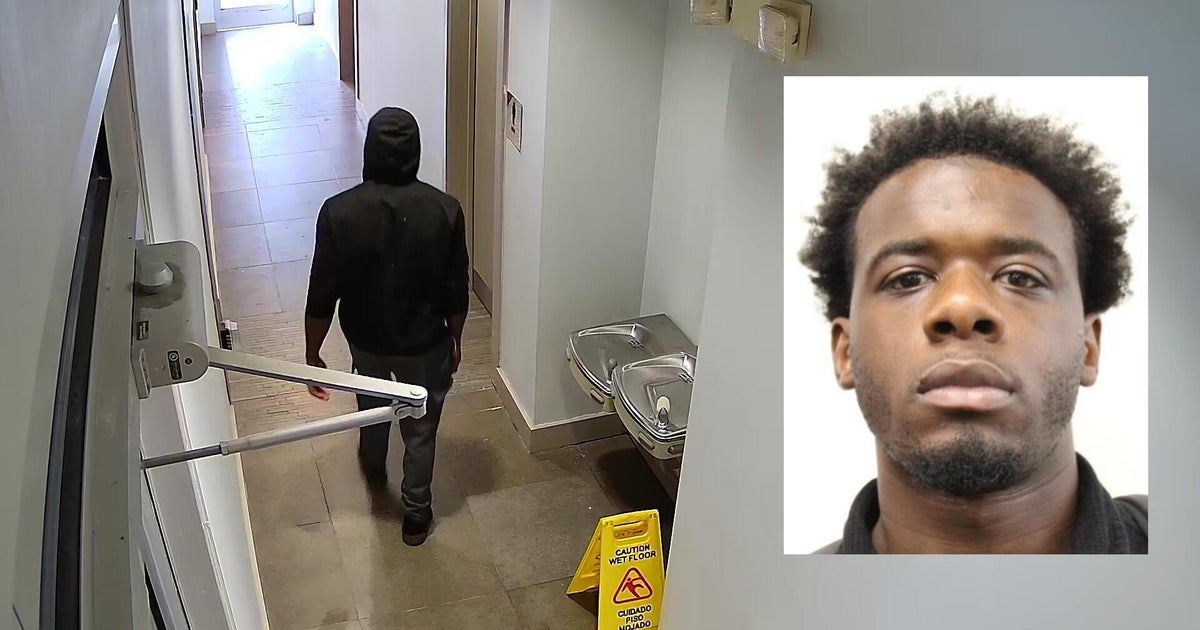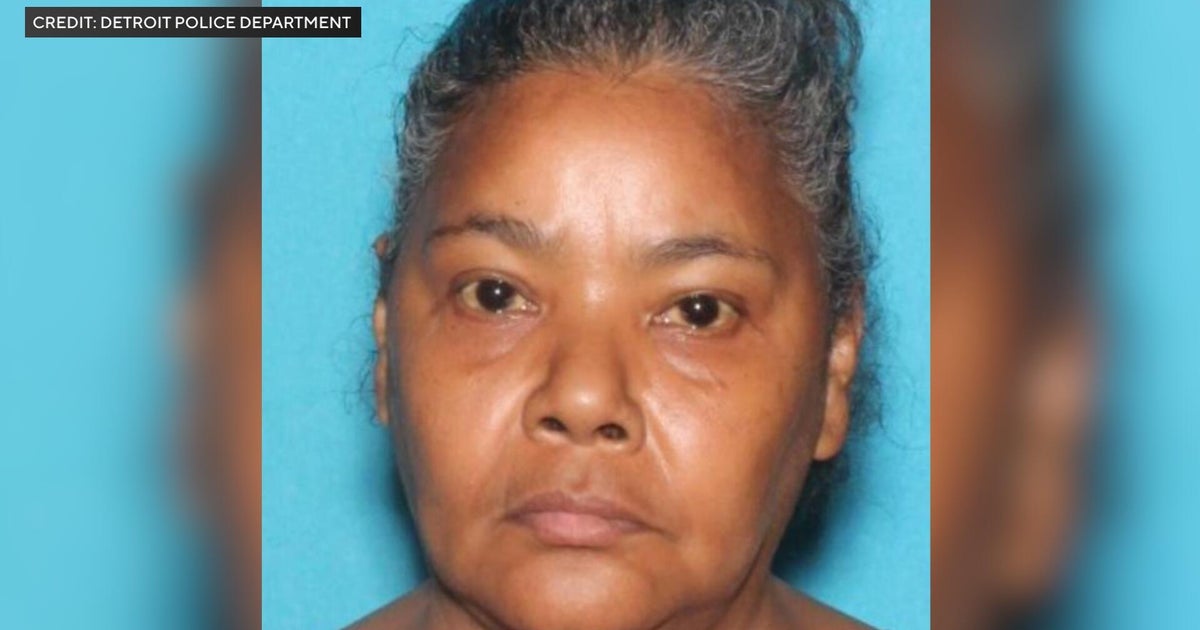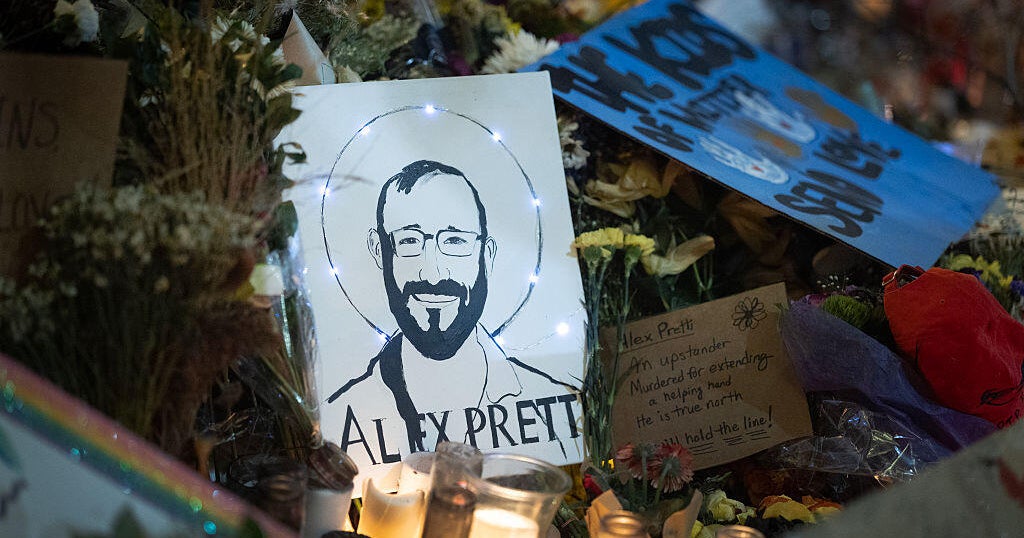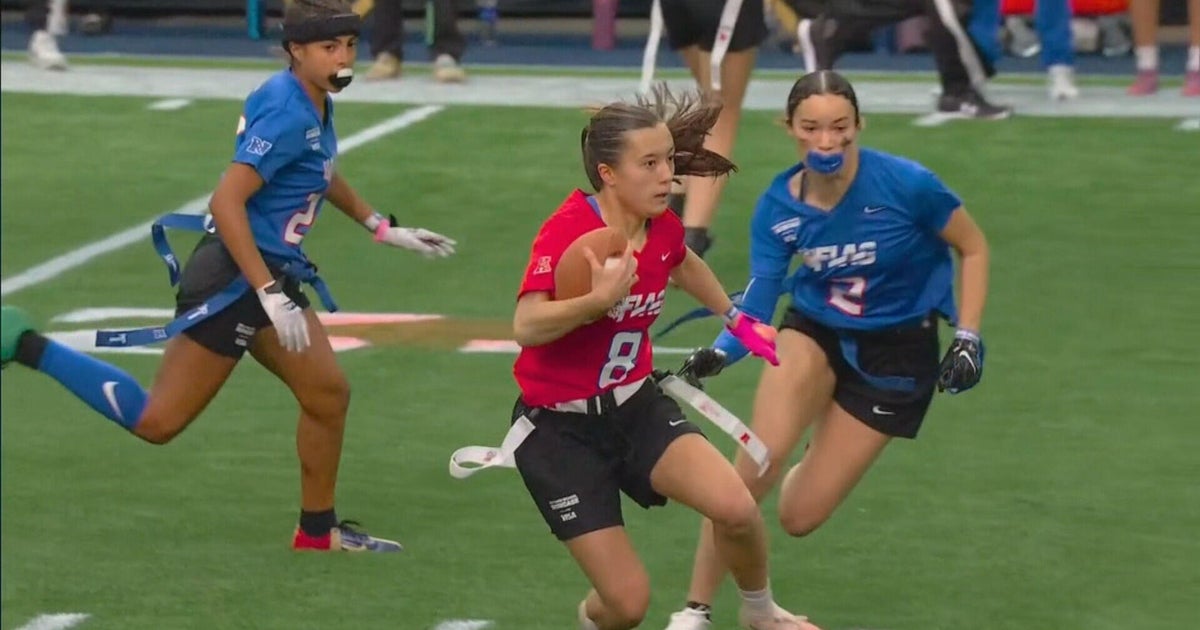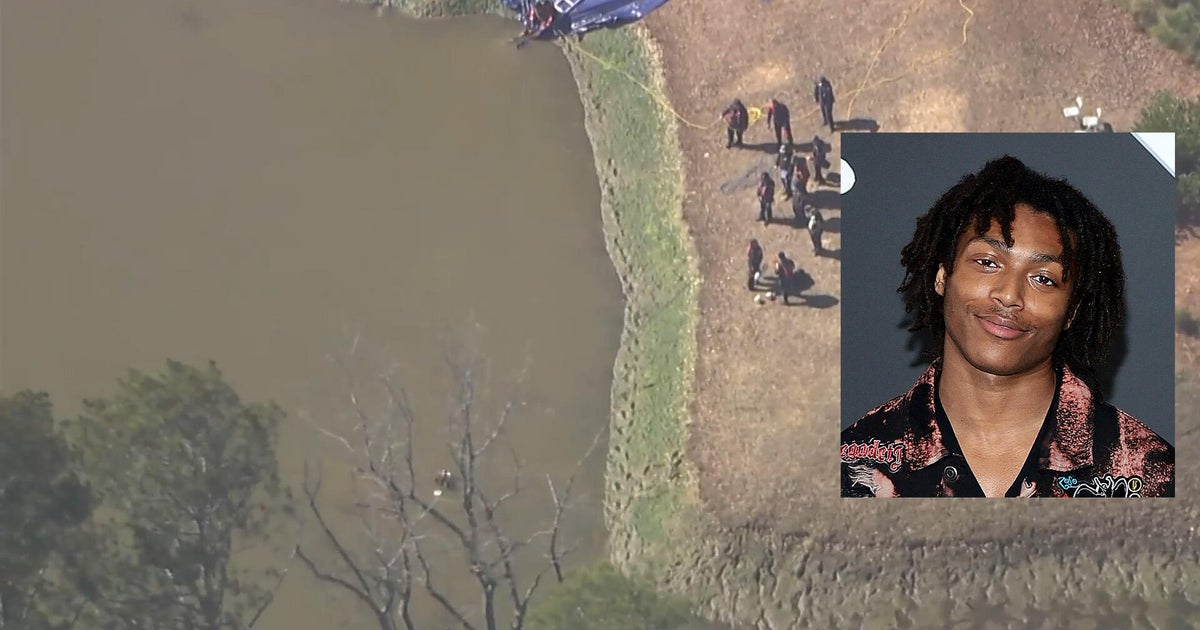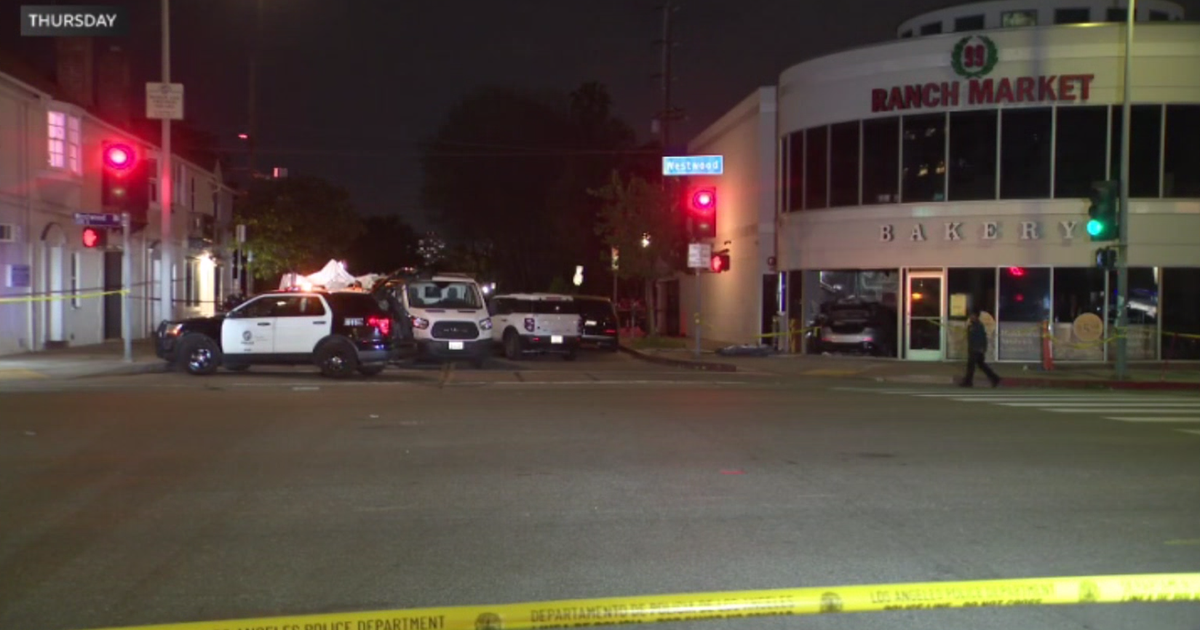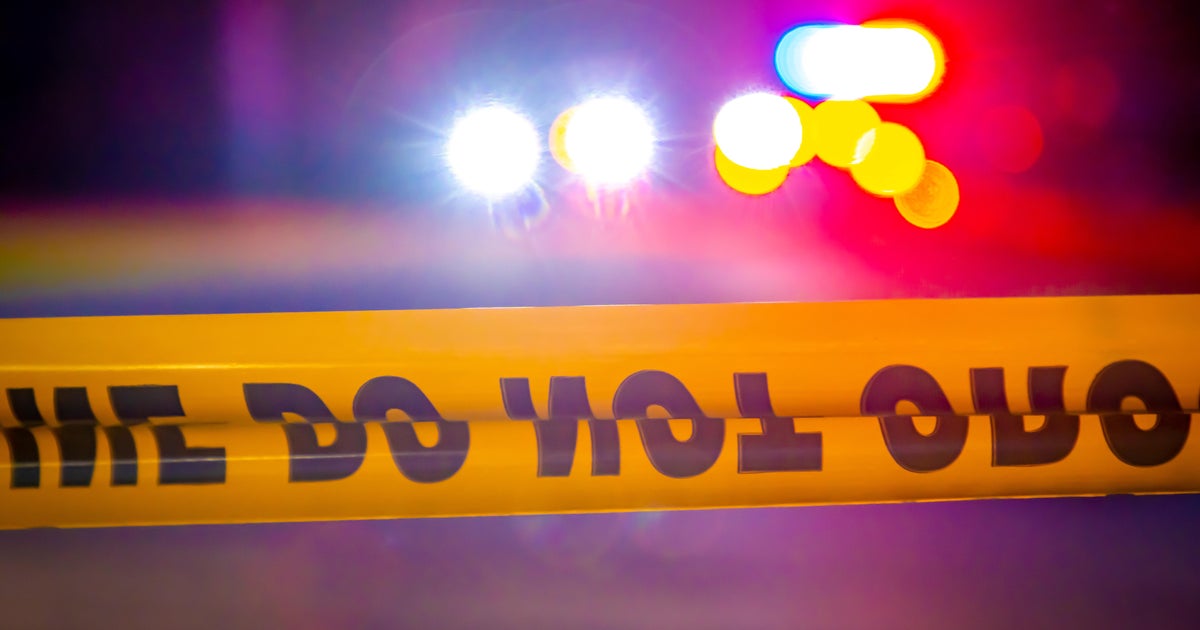Indigenous Communities Struggle With Missing Persons Investigations As They Face Challenges With Support, Resources
TOWAOC, Colo. (CBS4) - Indigenous communities across Colorado want to see more awareness and resources to investigate cases of their missing and murdered relatives as accurate data and support for victims remains a challenge. The discrepancy in attention their loved ones receive compared to cases with White victims has only been underlined this month by the disappearance of Gabby Petito.
"What is justice? And who do I call for help? And where will this go if I do?" said Gina Lopez, a member of the Ute Mountain Ute reservation near Cortez. "We don't have that same acknowledgment."
Lopez is the rural and Indigenous communities specialist for CCASA, the Colorado Coalition Against Sexual Assault. She says the lack of response for cases comes from a lack of visibility as well as distrust among tribal members because of historic trauma. There are also setbacks culturally and legally on the reservation lacking laws for certain crimes like sexual abuse.
"It's really difficult for survivors to identify what their experiencing is not normal," Lopez told CBS4. "There is no word in our language that cover violence, that cover murder, that cover rape, those things don't exist in our
language."
The Indigenous community can feel pushed into a corner at times when living in Colorado, where their population is smaller and with only two federally recognized tribes in the state. Lopez is a member of a reservation near Colorado's southern and western borders. It is a major contrast to her from what she has seen in New Mexico, with a larger population of Indigenous people.
"If it doesn't exist, then how do we make that connection," she said. "They didn't feel welcome, they didn't feel comfortable."
Domestic violence has even been seen as a rite of passage in tribal communities because it is expected and the fear of reporting your own family or familiar faces adds to the difficultly to get these cases recorded. Leaving tribal land to escape the situation is also complicated, a shelter may not help them cope with the violence they experienced at home.
"If I help this person remove themselves from this situation then it was going to be better for them and a lot of times it was worse," Lopez said. "They wanted to come back home, this is all they know."
How a victim identifies themselves in relationship to a tribe can also determine how the case is investigated. In some regions, federal authorities have jurisdiction and their standards for prosecution can seem unfairly high for Indigenous communities compared to victims going through a local justice system.
"It's been a real task to do that and we feel really good about where we are but we know we have not captured everyone," Lopez said of the list she has helped to create in Colorado.
Relatives is a more inclusive term that Lopez and others choose when referring to the Indigenous people they are tracking who might be missing or murdered. The Sovereign Bodies Institute reports that almost 10,000 Native American men and women are missing across the U.S., according to the Haseya Advocate Program. While the SBI may have a smaller count of cases in Colorado, Lopez says they likely have some similar cases overlapping that highlights the challenge of accurate data.
"We are erased in media, we are erased in our data, and we are erased in life," she said. "We cannot let ourselves be forgotten, we cannot let our relatives be erased."
Her work with CCASA tries to build bridges between non-Indigenous and Indigenous communities and so while there is a case of a White woman receiving so much more attention, she wants to acknowledge the loss and trauma Petito's family must face as they process her death. Lopez explains the lack of attention only emphasizes the root cause of the structural challenges facing Indigenous people on a regular basis.
"A lot of the pieces are about missing and murdered Indigenous women and how they want to contribute to the cause," said JayCee Beyale, visual arts co-curator at the Dairy Arts Center in Boulder. "If they don't know then we're here to bring awareness and to educate them."
Sing Our Rivers Red aims to address this issue around missing and murdered Indigenous women with a collection of single earrings, paintings, and other forms of art on display at the center. The single earring symbolizes a woman or girl and the broken bond with their family, just like an earring set that is never complete if one half is lost.
"We can go back to those roots of understanding the importance of women in our communities and how we can grow in a way that will be beneficial for the whole of the society," he told CBS4.
Lopez says in her advocacy work she has encountered some reluctance within tribes to address this problem. But she also believes the movement which began in Canada has made meaningful progress there and in the U.S. Ultimately, it will take legislation and policy changes, she believes, that empower Indigenous people to take on a larger role in order solve more of these cases.
"Who's missing from this conversation? Because it's a huge voice that's missing from this conversation," she said.
https://thedairy.org/current-exhibition/
